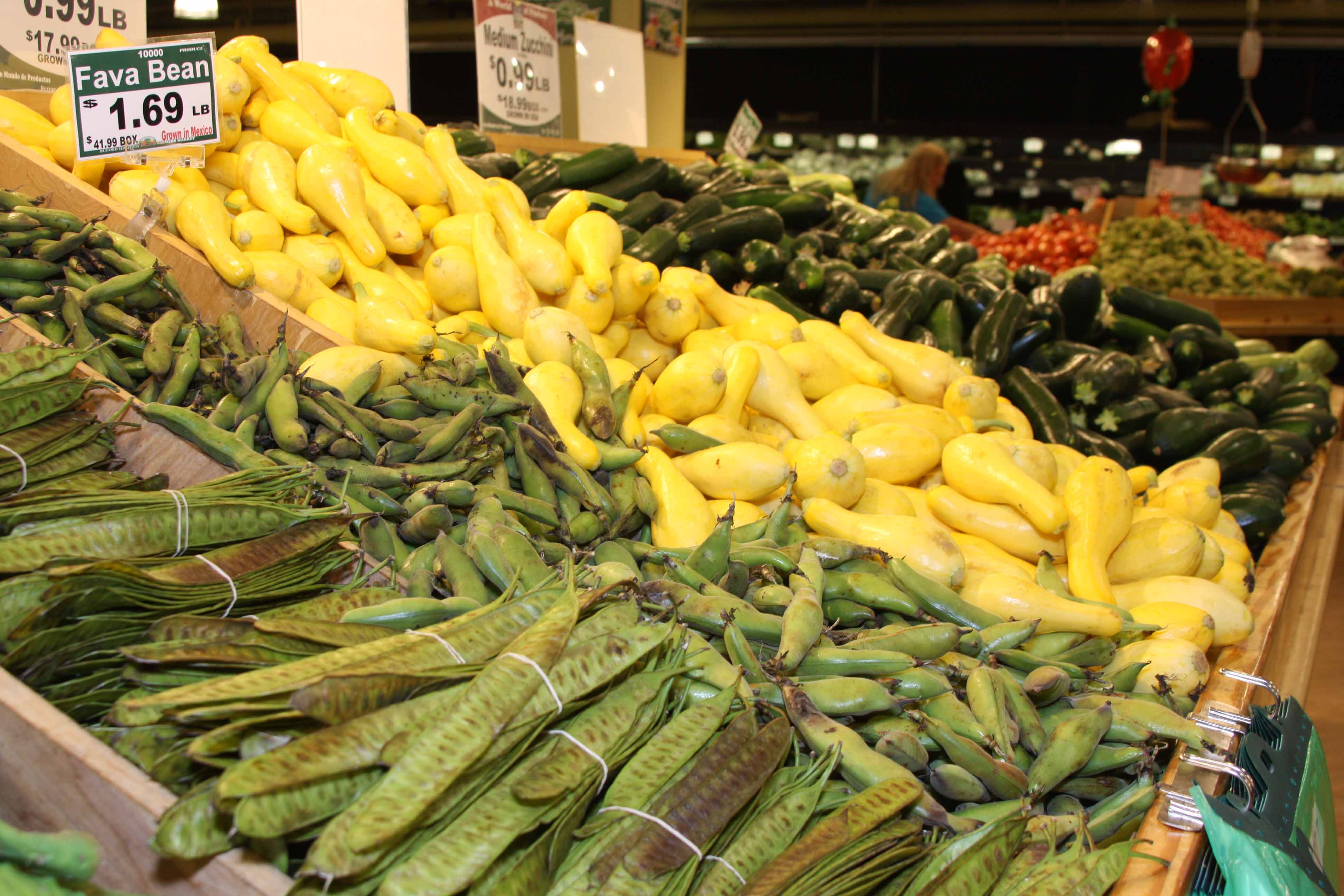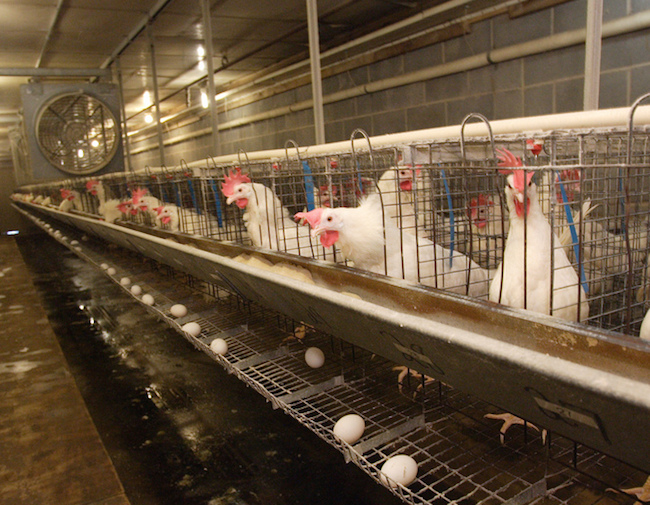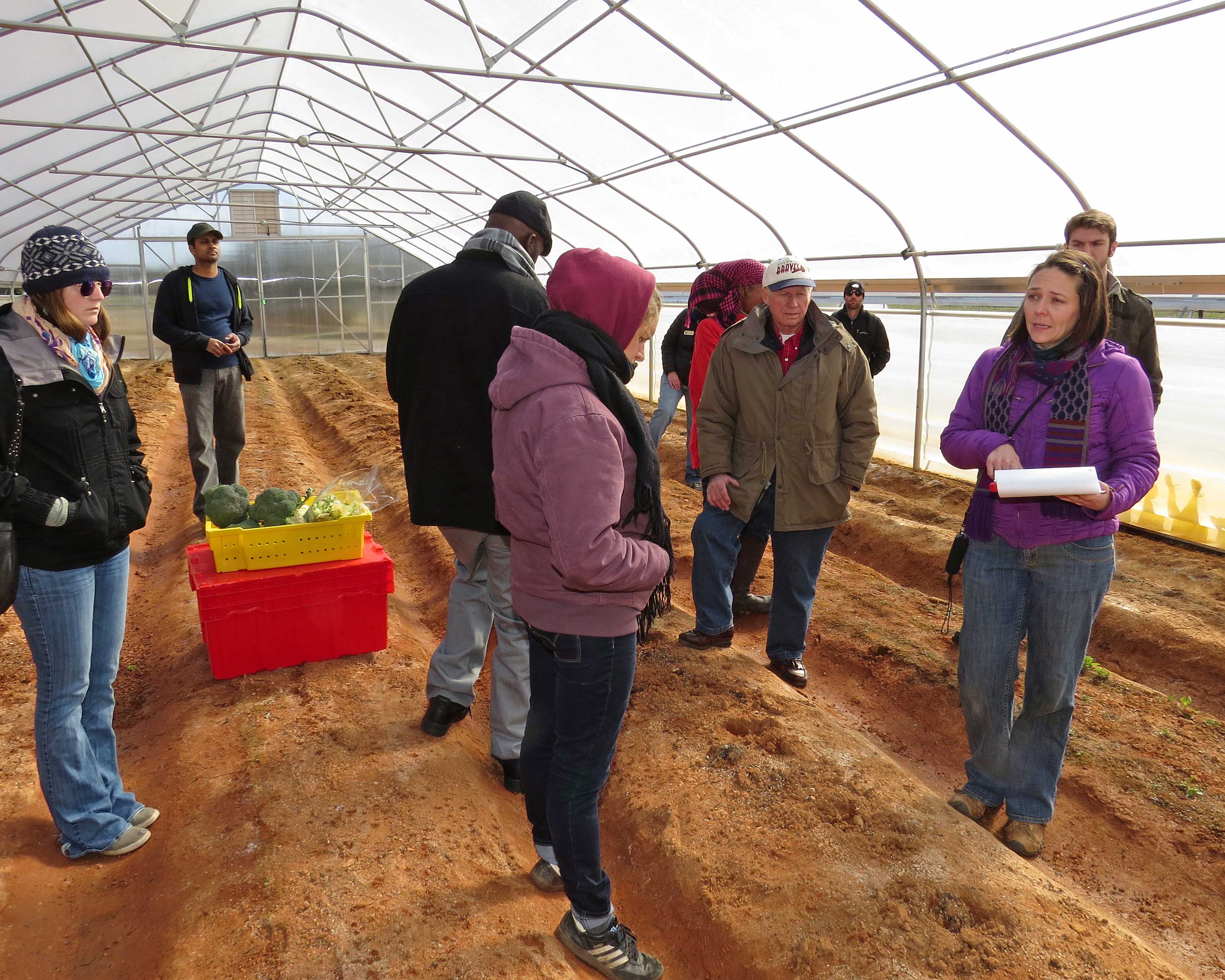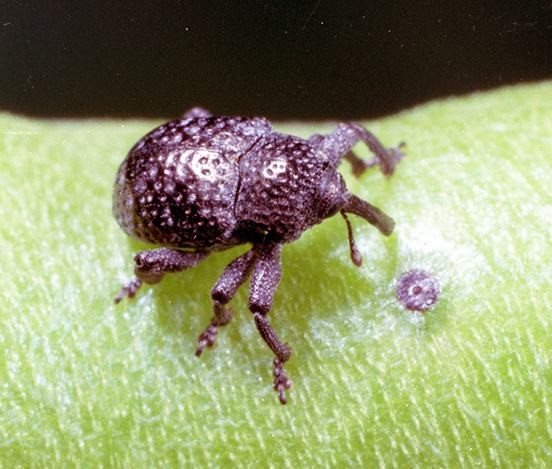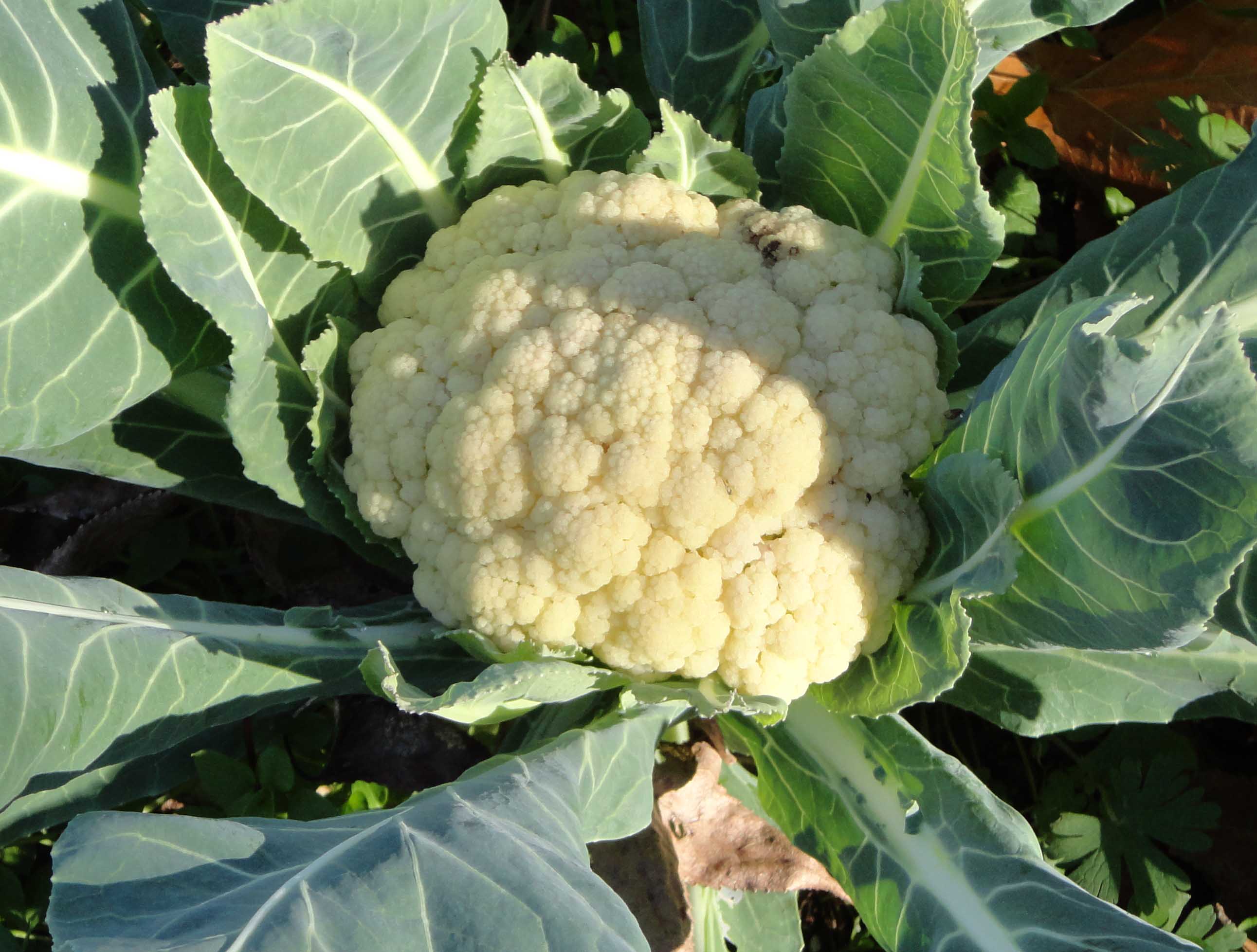 CAES News
CAES News
CAES Fulbright Scholar
UGA agricultural and environmental lawyer Terence Centner is in Europe’s oil and gas production capital this spring to study how regulations on hydraulic fracturing affect both the environment and energy companies.

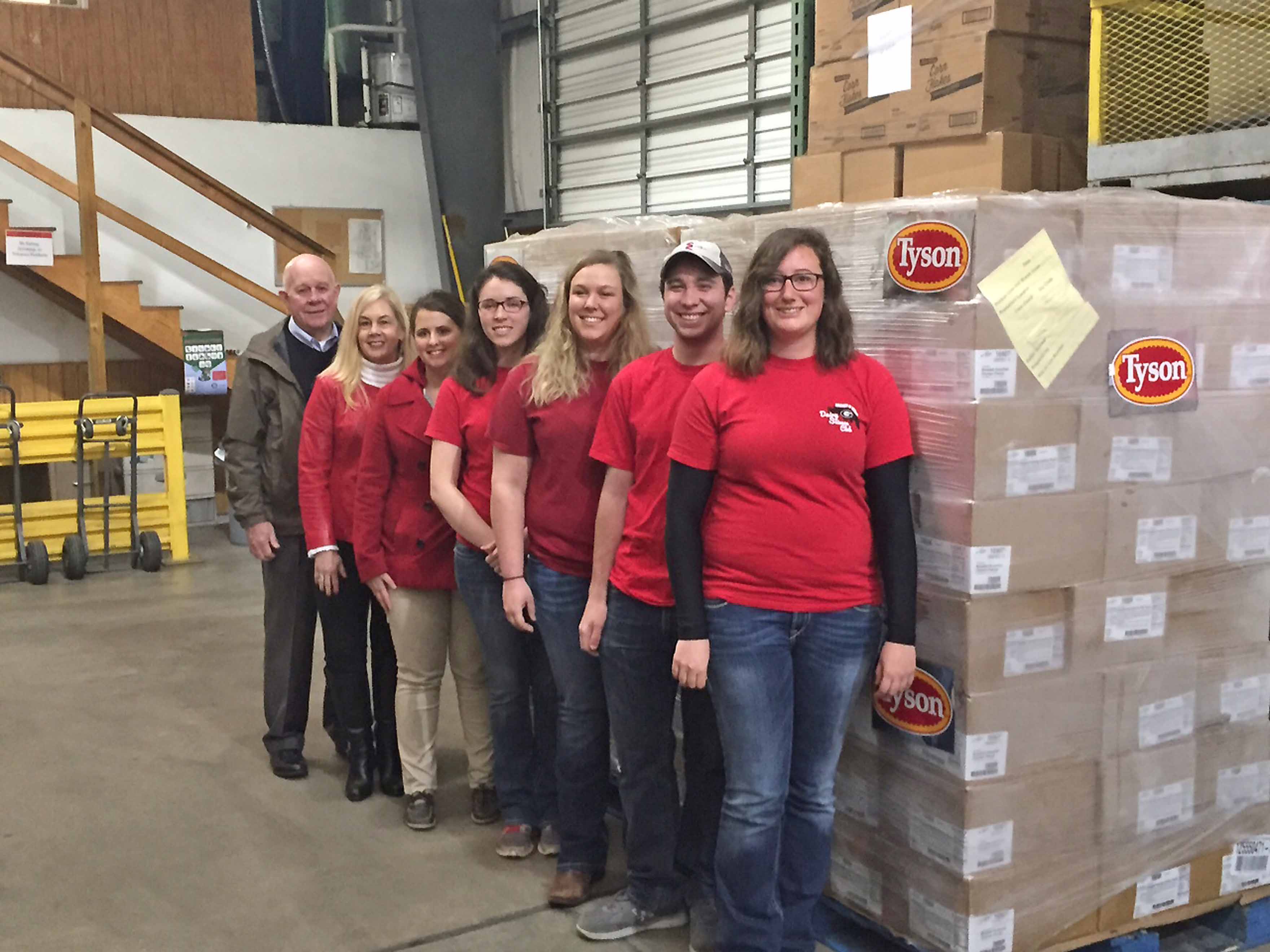
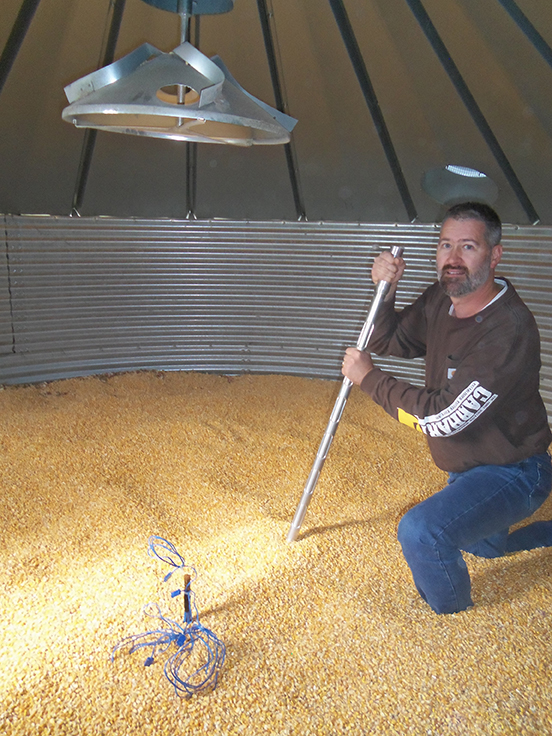
.jpg)
